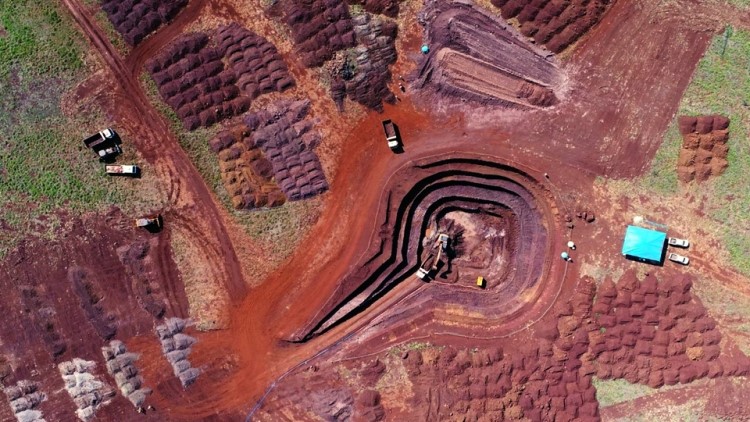Key points:
- Horizonte is developing a nickel project in Brazil
- They’ve announced the engineers for the next stage
- But, nickel – how excited should we be about nickel?
- Horizonte Minerals Spikes 9.18% After Securing Funding for Araguaia
Horizonte Minerals (LON: HZM) shares are up a couple of percent as the company has announced the next stage of its nickel project in Brazil. The announcement is that they’ve appointed Poyry as the engineering and construction management folk for the Araguaia ferronickel project. This isn’t, we can all agree, the most exciting piece of news ever yet it is an important stage in the process. Being able to appoint a well-known and competent name to such a contract does matter. It’s – to some extent – a validation of the base idea, that someone responsible is willing to undertake the work.
However, we might also want to think a little about the project itself. After all, nickel is very much in the news these days. The LME price soared to over $100,000 a tonne just a couple of weeks back. There’s that worry that sanctions will cut the world off from Russian supply. We also know that nickel is going to be an essential part of the battery and thus electric vehicle revolution. So, nickel miners, new supplies of nickel, this must all be very important and profitable, right?
Except metals markets don’t necessarily work that way. The ferronickel market is different from the nickel one – and the battery-grade market different from the general nickel one as well. Yes, clearly, they all influence each other, but they are not the same market.

Also Read: The Best Nickel and Nickel Mining Stocks to Buy
Ferro nickel is nickel dissolved into iron – that’s not exact chemistry but it’ll do. The reason to do this is because when already dissolved into iron it’s easier to then add that nickel to any steel that one might be producing. Nickel is an important part of certain steels – stainless for example.
It is, just about, possible to use nickel to do this instead of ferronickel, and one can use nickel to make ferronickel. But the battery market – all those EVs – cannot use ferronickel as its starting point. For that the process has to go through mining, to nickel metal, to then the nickel for batteries.
On the other hand the production of ferronickel from a mine is easier than the production of nickel metal from that same mine – and hugely cheaper in terms of capital expenditure.
This doesn’t make producing ferro nickel wrong in any manner, as Horizonte is planning to do. Not at all, it’s a perfectly sensible, even respectable, plan. It’s just that the price of the output isn’t going to be directly linked to the price of that battery-grade nickel. Because the base starting process is different and ferronickel cannot be used as a supply into the battery business.
There will be influences. Whatever amount of substitution is possible will change the price Horizonte is able to charge when output occurs. But it won’t capture the full price rise of whatever happens to battery-grade nickel.
The point of this is just to remind that the economics of the Horizonte ferronickel project at Araguaia depends upon the ferro nickel – the steel – market in Brazil, not the battery nickel market globally.
